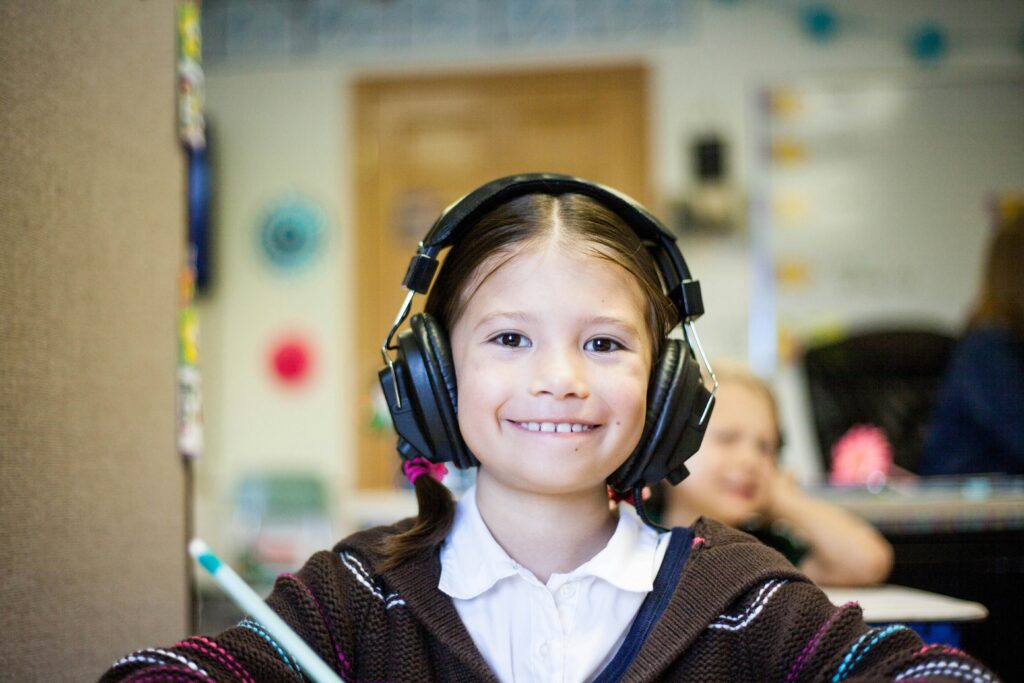As you’ve probably already noticed, learning a new language can be a very challenging task for many adults, but haven’t you thought about why it seems that children have an innate ability to absorb and master different languages much more quickly? This amazing ability of children to learn languages has been the subject of study and fascination for many years, and today at Xemant you will join us to explore some of the reasons behind this incredible ability.
- Brain plasticity: One of the main reasons children learn languages faster than adults is brain plasticity. During childhood, a child’s brain is highly malleable and receptive to new experiences and learning. This brain plasticity allows children to assimilate sounds (phonemes), grammatical structures, and vocabulary much more naturally than adults and without apparent effort.
- Total immersion: In the case of children who live in places where a language other than their mother tongue is spoken, it turns out that they are immersed in a linguistic environment that allows them to be constantly exposed to the language and practice it actively and passively. This total immersion in the language facilitates the learning process and reinforces the acquisition of vocabulary and grammar in a natural way.
- Absence of inhibitions: Have you ever felt embarrassed to speak in another language in public? Unlike many adults, who may feel self-conscious or insecure about learning a new language, children often lack these inhibitions. Children are willing to experiment, make mistakes, and practice without fear of ridicule, allowing them to progress quickly in their language learning.

- Innate curiosity: Children are naturally curious and have a thirst for knowledge that drives them to explore and discover new words, phrases, and expressions in a foreign language. This innate curiosity motivates them to research, ask questions, and experiment with the language in a way that greatly favors their learning.
- Mental flexibility: Children have a flexible mind that allows them to easily adapt to the structures and rules of a new language. Their ability to switch from one language to another without difficulty reflects the mental flexibility they possess and their ability to internalize linguistic patterns quite intuitively and naturally.
So, we can say that children’s ability to learn languages quickly and effectively is due to an important combination of factors that separates adults from that very natural and fast way of learning new languages, but there is no doubt that, as adults, we can take advantage of these unique qualities of children. They can be key to improving our own language learning process and enjoying the fascinating world of multilingual communication.
If this information was to your liking and has awakened in your soul as a boy or girl the desire to study and throw yourself into the sea of languages, it is your time to start your journey with Xemant. Are you up for it?
